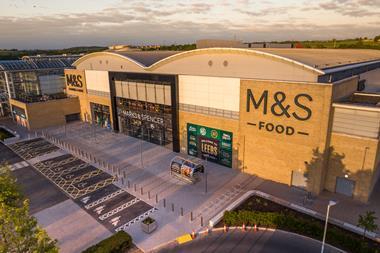British farmers are increasing the amount of wheat they grow this year in a bid to meet soaring demand.
Global wheat shortages have been blamed for sending food prices spiralling upwards. But pressure is expected to ease within months because farmers have planted 4% more wheat this year. This autumn's harvest - at 642 million tonnes - is predicted to be 6% bigger than last year's, which was hit by flooding.
Plantings would continue to increase as demand for wheat accelerated, driven by the growing biofuels market, said Alastair Dickie, director of crop marketing at the Home Grown Cereals Authority. "British farmers and their European counterparts are putting more wheat in the ground to help curtail the shortage of grain for food usage, but also because it's a highly profitable crop at the moment and demand is high," said Dickie. "This is good news for manufacturers in the long term because there will be more wheat on the market."
However, retail prices continued to rise this week. The latest data from The Grocer Price Index, which is based on a trolley of 100 grocery items, showed food prices were now 4% more expensive than a year ago. Last month our survey showed prices had risen 3% year-on-year. Of the big four, Tesco's trolley has risen the most over the year, by 6.2%. Morrisons' has risen 4.3%, Sainsbury's 3.2% and Asda's 3.1%.
Month-to-month, inflation has eased. Prices rose 1.1% in February compared with 2% in January.
Asda's trolley has registered the biggest increase of all the retailers, rising 4.46% month-on-month. Sainsbury's has risen 0.01%, Morrisons' 0.24% and Tesco's 1.66%.














No comments yet